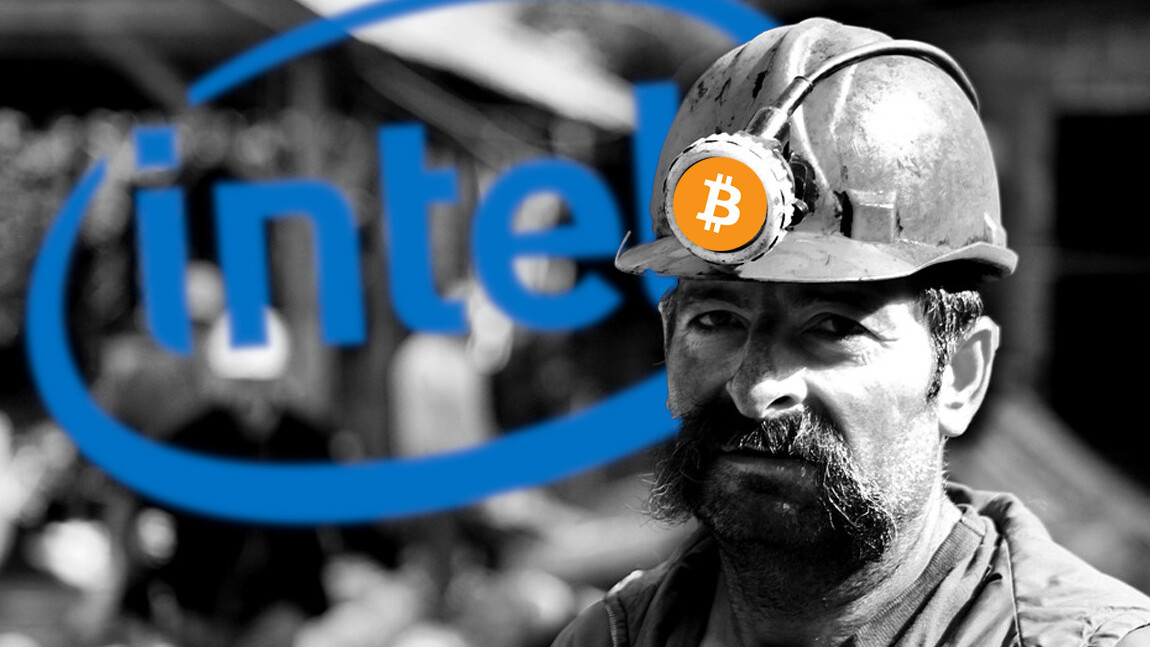
Intel is expanding its blockchain offering even further to make it easier for businesses to get into the blockchain game.
According to marketing materials published earlier this month, the computer hardware and infrastructure manufacturer has launched what it’s calling ‘Intel Select Solution for Blockchain: Hyperledger Fabric.’
Under the surface this actually isn’t a change to Hyperledger, Intel’s blockchain software, rather it’s a set of ready-made packages of hardware and software infrastructure to sell directly to businesses.
Consider it a sort of “commercial-grade off-the-shelf” option.
These solutions are, to no surprise, built on Intel hardware. Devices like Intel’s Xeon Scalable processor platform, Solid State Hard Drives, and Ethernet Network Adaptors are all packged to help businesses get their blockchain off the ground as quickly as possible.
At this point in time, there’s only one configuration available: the Base Configuration. This setup is basically the bare minimum that Intel recommends to run its Hyperledge Fabric software.
In terms the average techy should understand, the system has two Xeon processors with 10 cores, a piece, 96GB of memory, a 240GB SSD boot drive, 1TB of data storage, and 10Gbps networking.
Intel claims all of this hardware is scalabale. Although in this context, scalable just refers to the upgradeability of the server, which isn’t unusual for enterprise solutions like this.
It should be noted that the scalability challenges of private permissioned blockchains like this are somewhat different to the challenges faced by proof-of-work blockchains.
In Intel’s case, Hyperledger Fabric-based solutions only need to be scaled when they can no longer keep up with resource demand. The solution is quite simple: add more resources like processors, RAM, or more network bandwidth to satisfy demand.
Hard Fork contacted Intel to further understand this offering, and its associated costs. We will update this piece as we learn more.
Blockchain in business
It’s been clear for a while that businesses are taking quite an interest in blockchain tech. Deloitte conducted a survey last year of businesses and decision makers from around the globe and found that sentiments are decidely pro-blockchain.

Indeed, further findings from market research firm Juniper found that, last year, two-thirds of businesses were looking to deploy blockchain. In this instance though, companies were most keen on IBM’s blockchain offering, with Microsoft’s blockchain coming up in a distant second place.
With so much corporate interest in blockchain there is a lot of money to be made by offering solutions that are quick and simple to deploy, future proof, and easy to understand.
It certainly seems like Intel is trying to use this strategy to cut itself a share of the market with its easier to understand pre-made blockchains.
Get the TNW newsletter
Get the most important tech news in your inbox each week.




